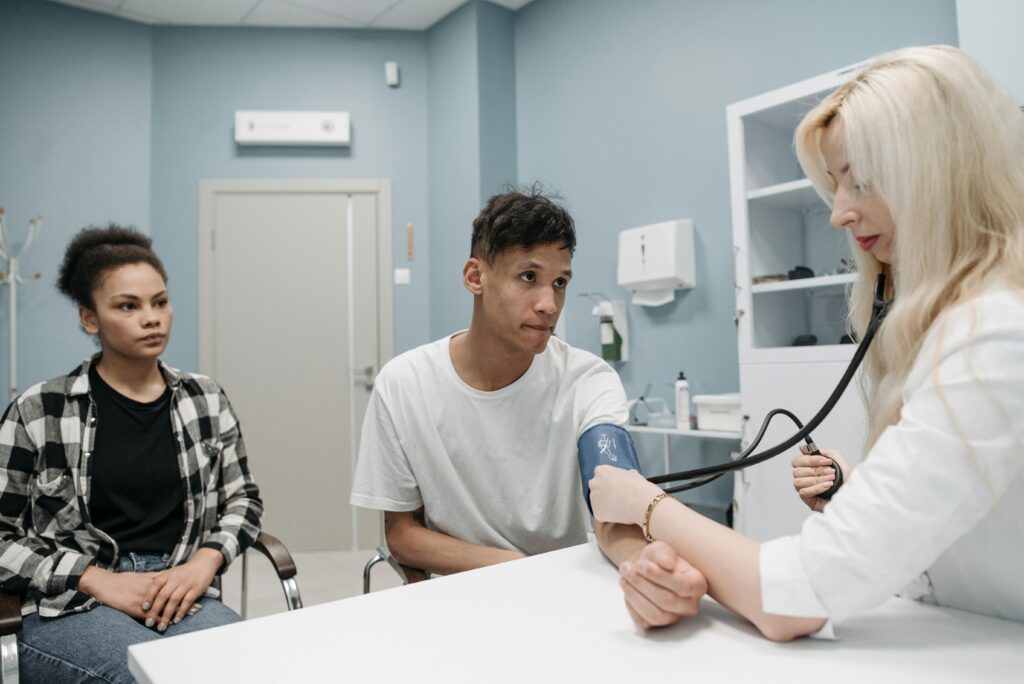|
Dear friends,
Six years ago, I called for the training of a new generation of Upstreamists. “To truly realize medicine’s potential,” I wrote in my TED Book, The Upstream Doctors, we need more than lone pioneers. We need a whole fleet of “dedicated professionals who redesign care and improve the health of people and communities” by improving social drivers of health and equity at all levels — from individual social needs and community-level social determinants to structural reforms.
I’m excited to declare that the moment to fulfill that call is now arriving.
At HealthBegins, we’ve been working for years to build this essential workforce. We’ve developed upstream learning modules for professional health care associations and led clinician trainings for large health systems. Our 2016 Medscape course on upstream medicine was viewed by over 10,000 learners. And the TED book and accompanying TED Talk have become required reading/viewing in universities and courses around the world.
We’re accustomed to working like a strong and nimble tugboat in this movement, helping sway the big ships to move upstream. Now the big ships are moving.
Calls to train Upstreamists are coming from all directions. Last month, the National Academies of Sciences, Engineering, and Medicine released a report on the need to move upstream to improve the nation’s health. Among its key recommendations: “Build a workforce to integrate social care into health care delivery.” This call is resonating. The American Hospital Association now has a social-determinants curriculum for clinicians, and the American Medical Association recently took major steps to advance equity and other upstream drivers of health. Meanwhile, interest in community health workers is surging.
These developments have inspired HealthBegins to update our pioneering call to action with one to meet this new moment in this movement. Here it is:
We intend to train 25,000 Upstreamists within the next two years.
Will you join us?
The dream of a workforce that includes Upstreamists — professionals equipped to move healthcare upstream at all levels — is starting to take shape. To make this a reality, we’ll need to build strong structures in three areas:
- Skills: Establish a clear consensus about the skills required for Upstreamist leaders, in such areas as Upstream Quality Improvement, social epidemiology, leadership and community partnership skills, social health financing, and community health informatics.
- Systems: Develop mechanisms for teaching these skills at every stage in the workforce pipeline, both within existing training programs, such as universities and graduate programs, and on-the-job settings through continuing education and professional development.
- Support: Build ongoing support systems and communities of practice, because Upstreamists succeed when given the opportunity for continuous learning and improvement. It’s also essential to recognize community expertise in this work, bringing in community members not just as patients but as partners.
In early 2020, HealthBegins will be announcing major strategies and partnerships to achieve this vision. If you’d like to play a role and partner in this mission, contact us. (And if you’re already using our materials in your training program, please let us know!) We’d love to collaborate. Because to traverse this next leg on the journey upstream, we need an armada of ships rowing together.
Best,

Rishi Manchanda
|









